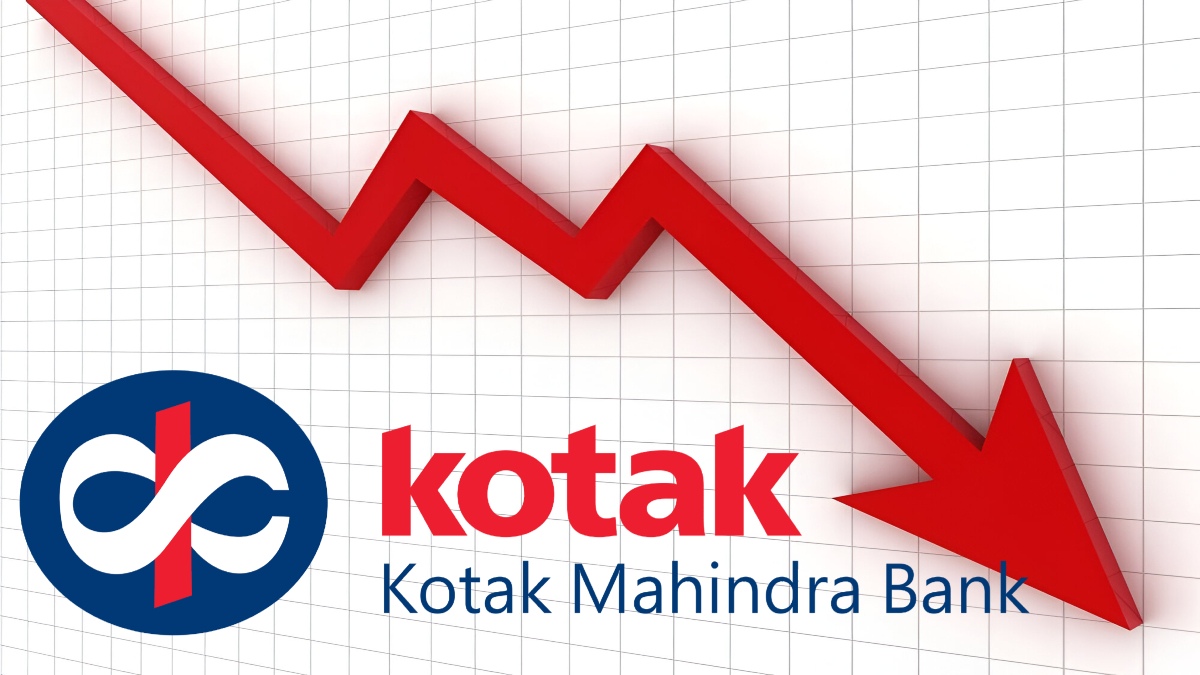Major Factors That Affect Foreign Exchange Rates
One of the most essential ways to gauge a country's relative economic health is to look at its foreign exchange rate (ForEx rate). The foreign exchange rate of a country is a window into its economic stability, thus it is closely monitored and researched. If you plan to send or receive money from another country, you should keep an eye on currency conversion rates.
"The rate at which one country's currency may be translated into another" is how the exchange rate is defined. It may fluctuate on a daily basis due to changing market forces of currency supply and demand from one country to the next. For these reasons, it is critical to understand how exchange rates are determined when sending or receiving money internationally.
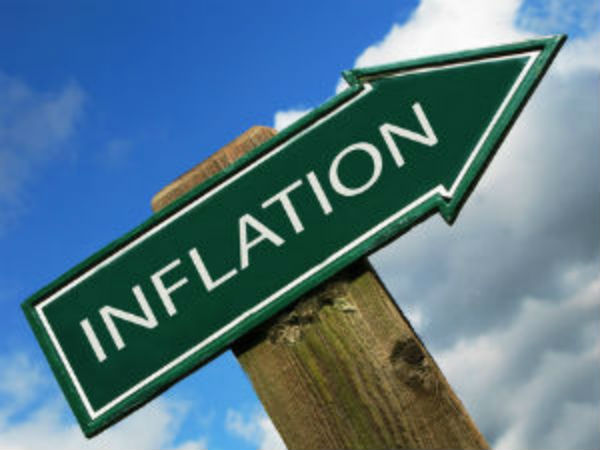
Inflation Rates
Changes in market inflation have an impact on currency exchange rates. If a country's inflation rate is lower than that of another, its currency will increase in value. When inflation is low, the rate of increase in the price of goods and services is slower. A country's currency appreciates when inflation is continuously low, while a country's currency depreciates when inflation is high, which is generally accompanied by higher interest rates.
Higher inflation usually results in a devaluation of their currencies in comparison to those of their trading partners, as well as higher interest rates. When an economy has excessive inflation, the central bank will raise interest rates to try to moderate growing prices and access to cheap credit. Higher interest rates make a currency more enticing.
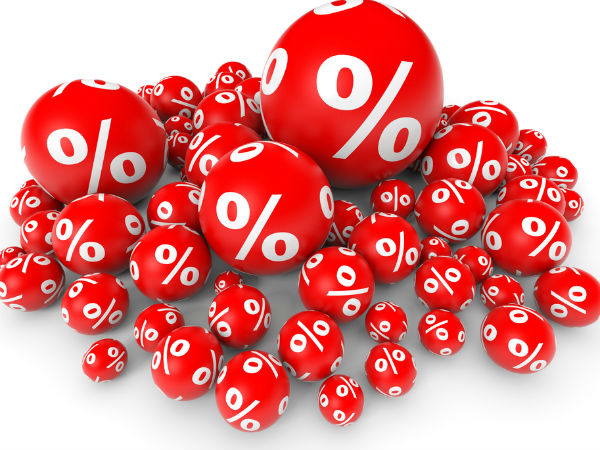
Interest Rates
Changes in interest rates affect the value of a currency and the value of the dollar. Interest rates, currency exchange rates, and inflation rates are all interconnected. Increased interest rates attract more foreign capital and cause exchange rates to rise, causing a country's currency to gain.
Interest rates that are higher attract foreign capital, causing the currency rate to rise. Increased interest rates, on the other hand, have a smaller influence if inflation in the country is significantly greater than in other countries, or if other factors contribute to the currency's depreciation.
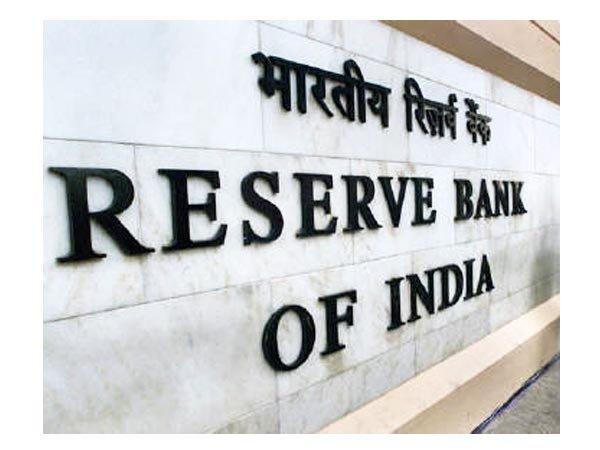
Current Account Balance
It is thought to be the most comprehensive indicator of a country's cross-border trade. Simply expressed, it refers to a country's total goods, services, revenue, and current transfers to all of its trading partners. A positive current account balance means a country lends more to its trading partners than it borrows, whereas a negative current account balance means the country borrows more from its trade partners.
Excess foreign currency demand drives down the country's exchange rate until local goods and services are affordable to foreigners and foreign assets are too expensive to generate sales for domestic interests.

Monetary policy and economic performanc
Investors are more likely to seek out countries with a history of excellent economic success and sound monetary policy. The demand for and value of the country's currency will surely rise as a result of this.
With the current status of the world economy, it's clear that we're in a global downturn, with fears of recession imminent. A depreciation in the currency rate may occur during a recession since interest rates normally decline; however, this is not always the case.
Other variables that can affect currency value during a recession include a decline in foreign investment, which would lower the value.
The strength of a country's economy can have a significant impact on the currency's strength. A country's strong growth rate will result in increased demand for products and services, as well as greater job possibilities for people and a more appealing destination for money and investments.
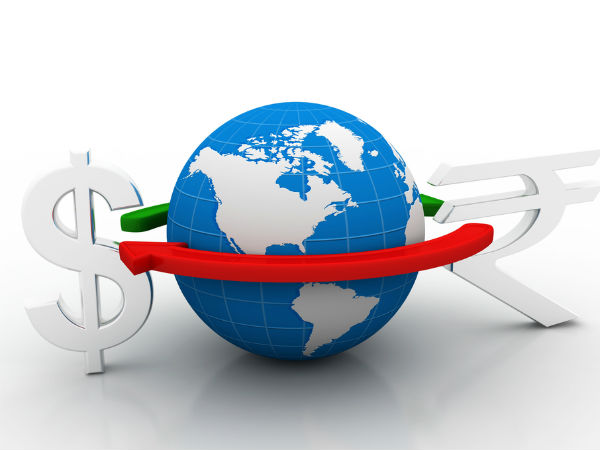
Conclusion
The real return on a portfolio is determined by the exchange rate of the currency in which the majority of its investments are held. The buying power of income and capital gains received from any returns is obviously reduced while the exchange rate is falling. Furthermore, interest rates, inflation, and even capital gains from domestic assets are all influenced by the exchange rate.




























